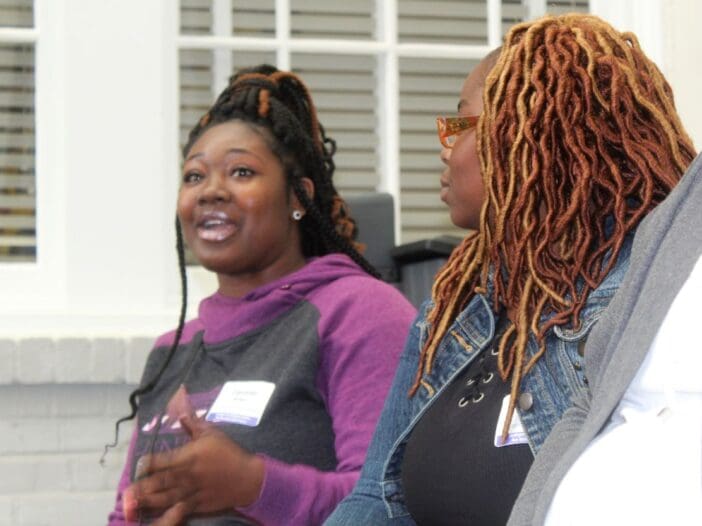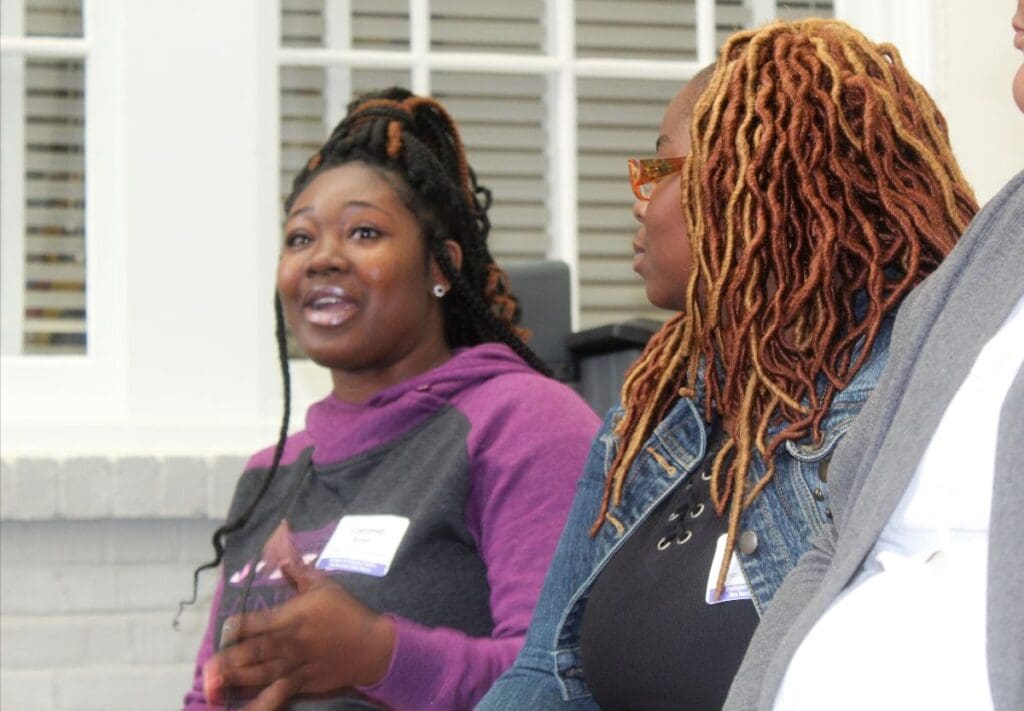

I am sure many of you, like me, are feeling overwhelmed by the constant news cycles and information overload of our current moment. Each day we hear how many more people have been infected with COVID-19, the most recent death tolls, new symptoms and side effects we had no idea existed before, and the information surrounding guidelines and best practices seem to change daily as we learn more and more about how this mystifying virus behaves.
But those aren’t the only stories that we are hearing. Lines at food banks are getting longer as families try to figure out how to have enough food with kids not receiving meals at school and little to no income. The digital divide is continuing to exacerbate educational inequalities as families without technology and Internet access struggle to participate in distance learning. Minimum wage workers, who have been living paycheck to paycheck with no opportunity to build savings, are either being laid off or forced to choose between their own health and safety and being able to put food on the table. Even stimulus checks that were supposed to go to families have been getting sent to the predatory tax institutions instead of the families that need them.
But the difference with these stories is we should’ve seen them all coming. While many are seeing this as a wake-up call for America as many of the inequities and weaknesses in our systems and policies are being exposed, the reality is low-income families have already been telling us for years that this was going to happen.
Families have said over and over again that they were one emergency away from the brink of disaster. Their jobs did not allow them to build savings, the benefits cliff made it impossible for them to get ahead or look for better paying jobs with paid leave or health insurance, and restrictive vouchers and benefits made it difficult for families to spend money on school supplies or reliable transportation that are now essential for distance learning and accessing meal programs or learning at home packets for kids. The truth is that instead of trusting families to know for themselves what they actually need, we decided for them. And in doing so, we created policies and systems that have left families devastated in a time of disaster.
But what if we had listened sooner? What is instead of patronizing and dismissing the stories of low-income families as irrelevant or misinformed, we allowed them to be the guiding force that continues to shape and mold the new reality that we are pivoting into? Most of you know that as an organization it has always been a part of our mission to lift up the voices of families and share their stories as widely as we can, and we are excited to let you know that we are going to get to do that in a really big way. While I can’t share all the details with you yet, I hope you will stay tuned for a big announcement coming in a couple weeks. If you’re not yet following us on social media, you can on Facebook, Twitter, and Instagram to make sure you don’t miss it!
In the meantime, I hope we all take the opportunity to listen more to the stories that are around us. And I hope when the next disaster hits, these stories will have shaped our world in such new and innovative ways that we will not be reading news stories about how many people we have failed, but rather all that we have already done to ensure everyone is going to be OK.
